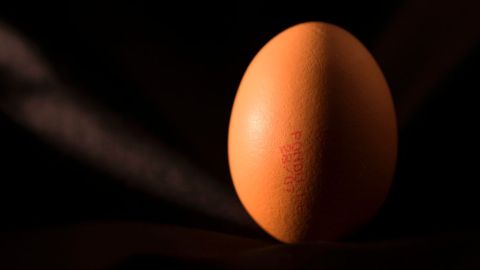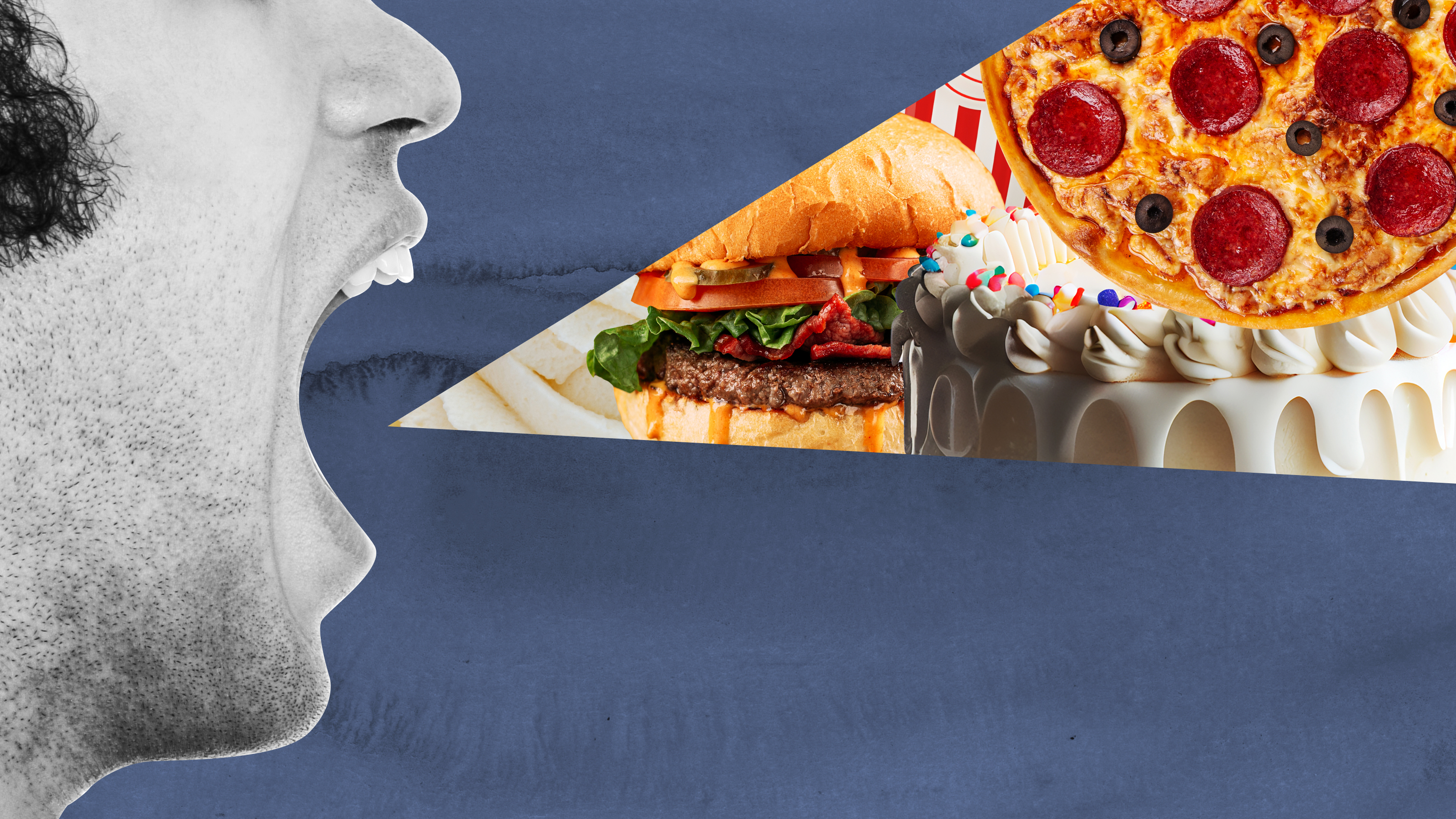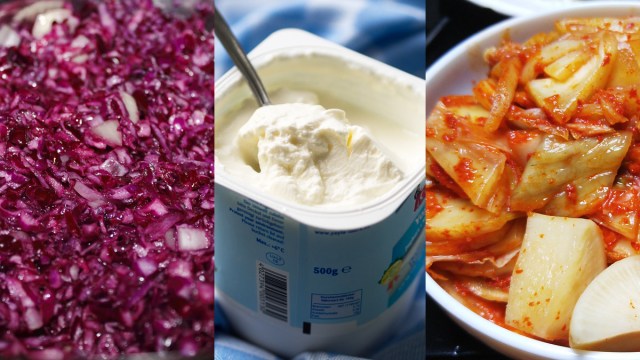Are we really still eating egg whites?

On a recent trip to Las Vegas to visit my father, he suggested we head to Jamms for breakfast—the closest thing in the city to a Jersey diner, he tells me. Nostalgic, though not necessarily appealing. He was right, though: terrible decor, thousand-item menu, burnt coffee, the smell of rank cigarettes clinging to every piece of fabric on windows and bodies shuttled me back to my youth.
As we’re waiting for our table, I overhear someone order an egg white omelette. While I’m first struck they still exist, the conversation turns to the topic of “health.” Apparently, by consensus, egg whites are the way to go for optimal breakfasting in this corner of Vegas.
Apparently, the egg-white phenomenon is still rampant. As recently as 2014 the US experienced an egg white shortage. A bit of psychological jujitsu, common in the food industry, convinced consumers that eschewing the fatty yolk for a concentrated dose of protein is ideal, the added bonus of charging a premium for removal services in tow.
The general idea: eat the protein sans fat. But this was never a good idea. How often we have to learn that a whole foods is more than the sum of its macronutrients and micronutrients is not clear. Just as stripping fruit of fiber results in a soda-worthy shot of sugar, an egg is more than protein.
Now a recent study from the University of Illinois at Urbana-Champaign says you’re not even getting optimal protein from the yolk-less substance, at least after a workout, the time when protein is in high demand for resistance training buffs.
Nicholas Bard, University of Illinois professor of kinesiology and community health, led the study, which found that people who ate 18 grams of protein from a whole egg had a 40 percent better muscle-building response than those who consumed an equivalent amount of protein from egg whites.
The research, published in the American Journal of Clinical Nutrition, shows that whole foods are better assimilated than the sum of the macronutrients they contain. The team speculates that something in the yolk helps our body utilize the protein better. As Bard states,
This study suggests that eating protein within its most natural food matrix tends to be more beneficial to our muscles as opposed to getting one’s protein from isolated protein sources.
Using specially designed eggs that allowed researchers to track food-derived amino acids, ten young men performed one bout of resistance exercise and then consumed either whole eggs or egg whites. Before and after the session researchers took blood and muscle biopsies from each participant.
Interestingly, the same amount of dietary amino acids become available in each volunteer’s blood to build new protein—60 to 70 percent. Yet when protein synthesis in the muscle was measured, a different story unfolded.
Burd says this is important because people will get more protein synthesis when consuming the whole egg which, given the egg white trend’s financial trajectory, will actually save consumers money as well.
Humans evolved to identify and consume whole foods. While much of the verbiage around health is focused on the isolation of nutrients in every pill or powder form imaginable, most data show that consuming the whole instead of the parts is healthier.
Now that the eggy myth has been busted—it does not raise your cholesterol nearly as much as many other foods and is considered safe for daily consumption—we can continue to eat one of nature’s ideal foods guilt-free. It might not be trendy, but trends come and go while common wisdom stays the course.
—
Derek Beres is the author ofWhole Motion: Training Your Brain and Body For Optimal Health. Based in Los Angeles, he is working on a new book about spiritual consumerism. Stay in touch on Facebook and Twitter.





